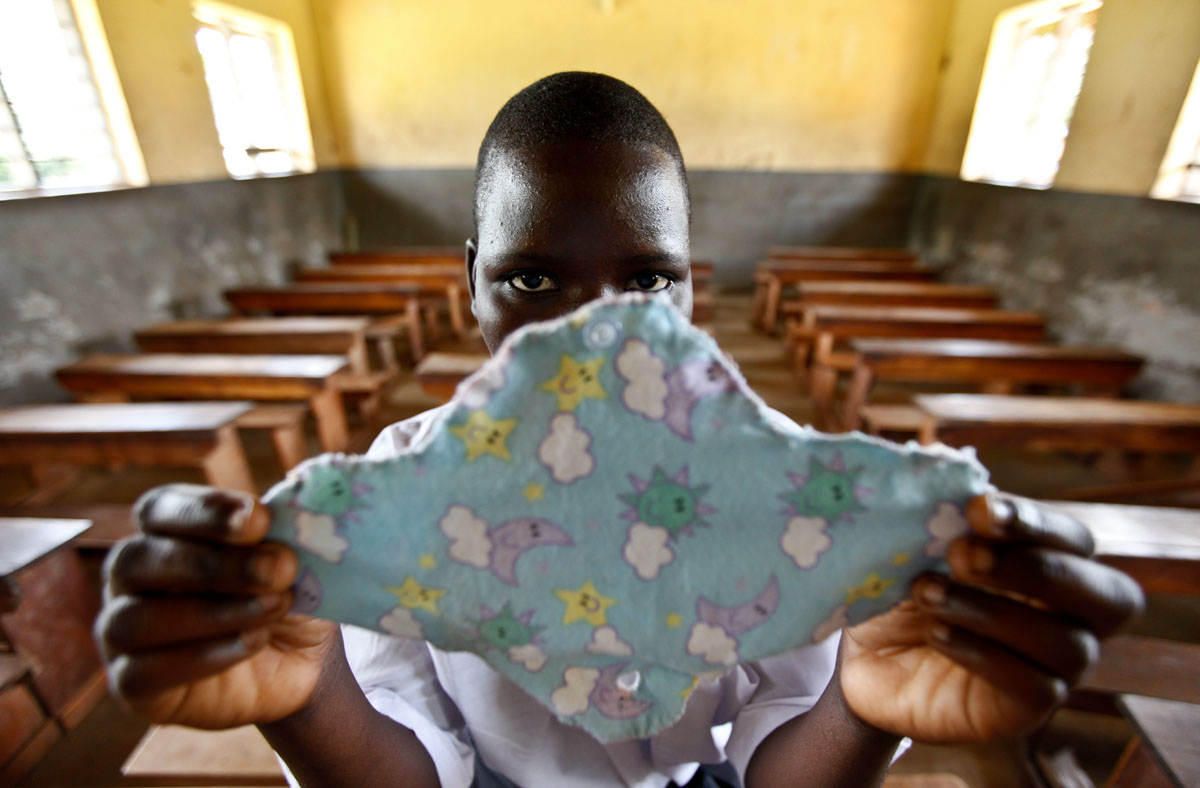Education remains, undisputedly, the primary medium of empowering, harnessing capacity for personal and national development and at the same time a tool for poverty reduction.
The 1992 constitution has made it a legal provision that all children of Ghana will enjoy free education and we can say successive governments have done their bit to ensure that the journey towards free education is achieved. Access, equity and quality is core to free education.
Ghana joined the rest of her UN counterparts to adopt the new development goals otherwise known as the Sustainable Development Goals (SDGs) in the quest to accelerate development. Ghana as middle income economy like other countries in the continent have chalked some level of success in goals 8, 4, 2 and 1 of the erstwhile Millennium Development Goals but fail woefully to achieve 5 and 7 but has been said to have made progressive efforts to achieve 6 and 3. With the adoption of the SDGs, the country is hopeful of achieving previously failed targets while making strides to achieving the new targets of the SDGs before 2030 and sustaining them afterwards.
The president recently inaugurated the inter-ministerial committee to facilitate the implementation of the SDGs. For the purpose of this conversation, out of the 17 goals, only four will be considered for the purposes of this discussion thus: SDG 3, 4, 5 and 6. These four goals generally concern women and young girls.
When women and young girls are at the center of a conversation regarding Water, sanitation and health (WASH), there is no way any well-meaning Ghanaian could ignore menstruation.
Menstruation is an important and virtually normal part of the female human life, and humanity exists because of this. Menstruation refers to the shedding of the uterine lining on a regular basis among the reproductive-aged females during the monthly menstrual cycles.
A study conducted in Bangladesh by HER Project estimated that a woman will menstruate between 2,000 to 3,000 days in her lifetime and would have used 10, 500 sanitary pads from menarche to menopause. The onset of menstruation, which is natural and physiological, could become a barrier to the adolescent girls’ education because of abdominal cramps, loss of concentration in class and the possible fear of staining their uniform with blood.
Therefore, with proper menstrual hygiene management in place, it will positively influence attendance and performance in school without compromising on access, equity and quality education.
The high price of sanitary products and the impact on girls’ education is not just a problem in Ghana. According to a 2014 campaign, girls are also missing school in countries like India, Nepal, Afghanistan and Sierra Leone for the same reason. Reports have it that the government of Kenya since 2011 has been setting aside funds to buy and distribute the commodity to girls from disadvantaged backgrounds.
The new legal provision currently in place in that country requires government to provide the towels to every school-going girl who has reached puberty. So in another developing country, provision of these towels has been made obligatory rather than optional.
It is sad to note that, the free senior high school program that seeks to remove cost barriers to education and ensure that no child is left behind has woefully failed to include the provision of sanitary pads into the list of things that the government will be catering for under the program. The truth is that not all girls benefiting from the free senior high school program can afford sanitary pads to properly manage their menstruation.
Studies have shown that 95% of girls in Ghana do not attend school during menstruation mainly because of the
lack of sanitary facilities in schools. Some girls also stay away from school for the total days of menstruation for fear of stigmatization, insufficient sanitary materials and or soiled uniform. This can impact negatively on the program as poor menstrual hygiene management can result in absenteeism, poor performance, hamper gender parity in education and the overall achievement of the free senior high school program.
Menstrual hygiene management (MHM) can significantly influence the achievement of the newly adopted Sustainable Development Goals 3 (ensure healthy lives and promote wellbeing for all ages). Goal 4 (ensure inclusive and equitable quality education and promote lifelong learning opportunities for all), goal 5 (achieve gender equality and empower all women and girls), and goal 6 (ensure availability and sustainable management of water and sanitation for all).
Considering that women population in the country is fast increasing and they will dominate in various sectors of national development, it will be a step in the right direction to include strategies such as provision of sanitary facilities and pads in a pro-poor intervention such as the provision of sanitary materials for girls on the programme. The availability of these materials will go a long way to build girls’ confidence and guarantee their retention in schools for effective learning.
“This Agenda is an investment in our future – the future of our youth and that of our children. We are obliged to leave them with an enduring legacy of a richer, more stable, more secure and more peaceful world.” Prez Akuffo Addo (….2017).
The “Happy School Girl Project” (HSGP) is J Initiative’s girls education focused programme aimed at retaining girls in schools.
Source: Africafeeds.com / J Initiative



